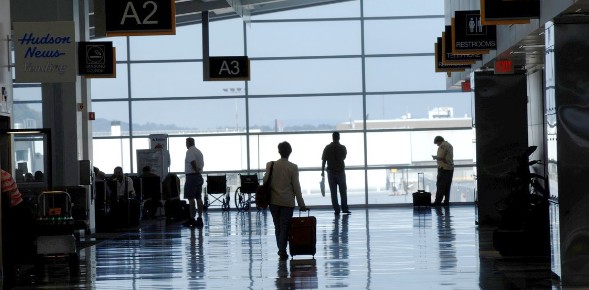New research has suggested that the world’s business travel market is set to reach $1.6 trillion in value by 2020, from a figure last year of $1.2 trillion, which was already record-breaking in its achievement. The most rapidly growing market for business travel services was India, but the highest spend value came from China.
The world’s total spend in the sector grew over 5pc from 2014 and should hit $1.3 trillion this year, according to the Annual Global Report which has been released by the GBTA, with sponsorship from Visa.
Cautious Optimism
This news comes despite broader uncertainty around global economies, suggesting that the forecast is being positively influenced by a trend of cautious optimism. The fact is, of course, that most big businesses now operate across borders, whether they split their operational functions across different geographical locations or have supply chains in different parts of the world to benefit from cost efficiencies.
Growth Despite Challenges
Overall growth has maintained a slow if steady upward trajectory despite broader challenges, and the industry continues to evolve as business becomes more inter-connected. Other supporting drivers include the move to electronic payments, which help to facilitate efficient travel payments and expenses and also reduce costs.
Local Market Expectations
It is expected though, that local factors will affect global travel in different markets. Very high growth areas are expected to be found in Indonesia and India, with double digit growth figures expected in their business travel spend over the coming 5 years. China will continue to be strong, but not the lead spender in the industry. It will, however, represent the largest opportunity for marketers and travel suppliers, thanks to its market size of $291 billion and growth rates that are expected to top 8pc.
In the USA, business travel investment is expected to increase only by 0.9pc in 2016, to $292 billion, and then grow by 4.2pc next year. This may well be affected by the presidential election, and the impacts of the EU referendum.
The impact of Brexit is yet to be assessed. Consumer confidence will largely dictate whether a mild recession is experienced, with an associated reduction in business travel spend, but at the same time, the weaker pound will make incoming travel to the UK more attractive.
It is certainly fascinating to see just how resilient business travel is, delivering steady progress as the world’s economies experience wobbles, and other obstacles are encountered, such as health pandemics and even terrorist attacks. The latest figures suggest that large corporations recognise that there is a powerful case to support global business travel, in terms of business building, adding value and reducing costs, and that it does deliver bottom line results.
In conclusion, global travel management will continue to play a vital role in helping international brands and corporations to do business successfully

